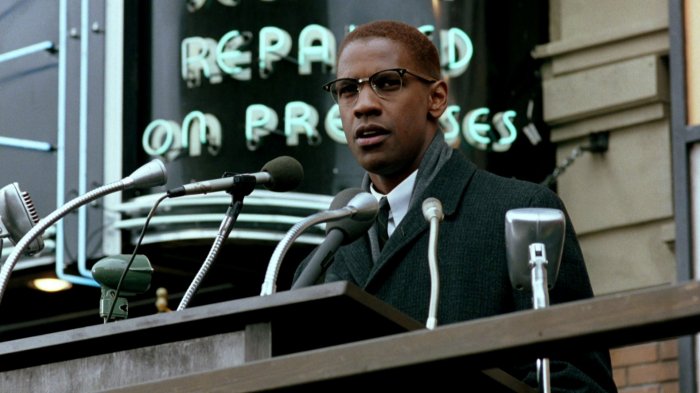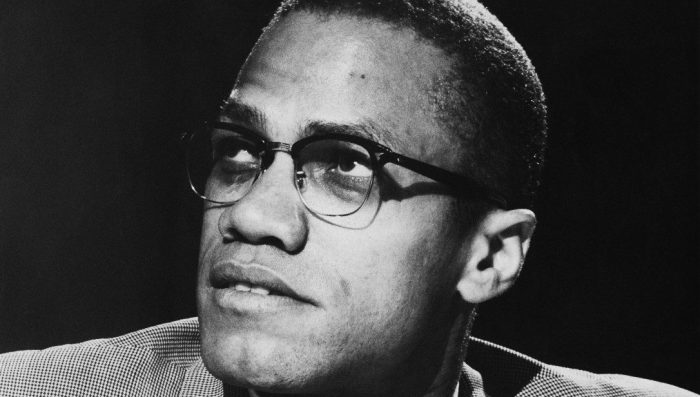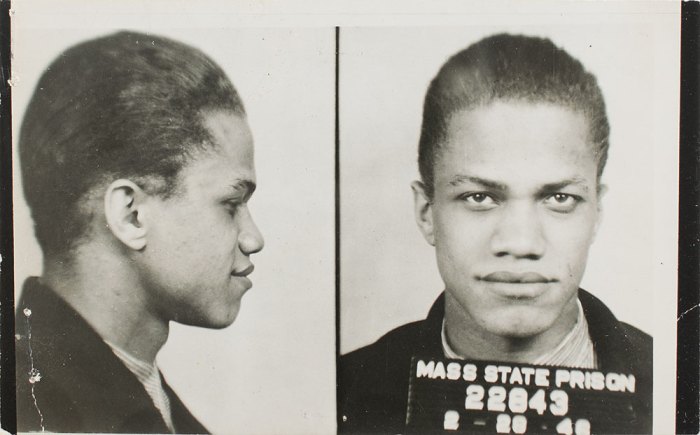Malcolm x my first conk – Malcolm X: My First Conk embarks on a captivating exploration of the pivotal events that shaped the life and legacy of Malcolm X, from his early influences to his transformative pilgrimage to Mecca and his profound impact on the civil rights movement.
This compelling narrative delves into the key moments and experiences that molded Malcolm X’s ideology, highlighting his rise within the Nation of Islam, his subsequent break with the organization, and his later years dedicated to activism and international affairs.
Malcolm X’s Early Life and Influences: Malcolm X My First Conk
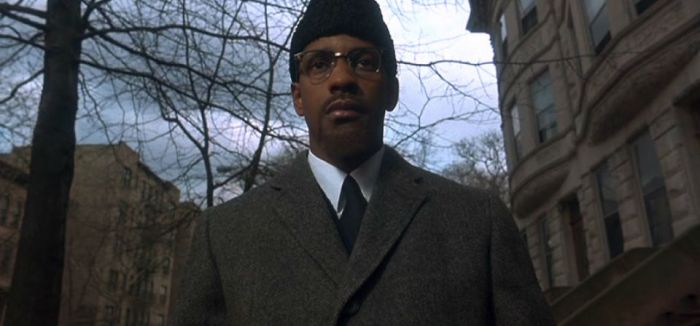
Malcolm X, born Malcolm Little, was born in Omaha, Nebraska, on May 19, 1925. His father, Earl Little, was a Baptist minister and civil rights activist. His mother, Louise Little, was a homemaker. Malcolm’s family moved frequently during his childhood, eventually settling in Lansing, Michigan.
Malcolm X’s “My First Conk” is a powerful account of his experiences with racism. However, if you’re looking for a quick way to simplify algebraic expressions like 3j 2k 5h 3j k, you can check out this guide: simplify 3j 2k 5h 3j k . Returning to Malcolm X’s memoir, it’s a must-read for anyone interested in the history of the civil rights movement.
Malcolm’s early experiences shaped his views on race and social justice. He witnessed the racism and discrimination faced by his father and other African Americans. He also experienced poverty and violence firsthand. These experiences led him to develop a strong sense of racial pride and a desire to fight for the rights of African Americans.
Family Influences
Malcolm’s father was a major influence on his life. Earl Little was a strong advocate for civil rights and instilled in Malcolm a sense of pride in his African heritage. Malcolm’s mother was also a strong influence, providing him with love and support.
Community Influences
Malcolm’s community in Lansing was also a major influence on his development. He was exposed to a variety of African American leaders and activists, who helped him to develop his own political and social views.
Religious Influences
Malcolm converted to the Nation of Islam in 1948. The Nation of Islam was a black nationalist organization that advocated for the separation of blacks and whites. Malcolm became a prominent member of the Nation of Islam and used his position to speak out against racism and white supremacy.
Malcolm X’s Break with the Nation of Islam
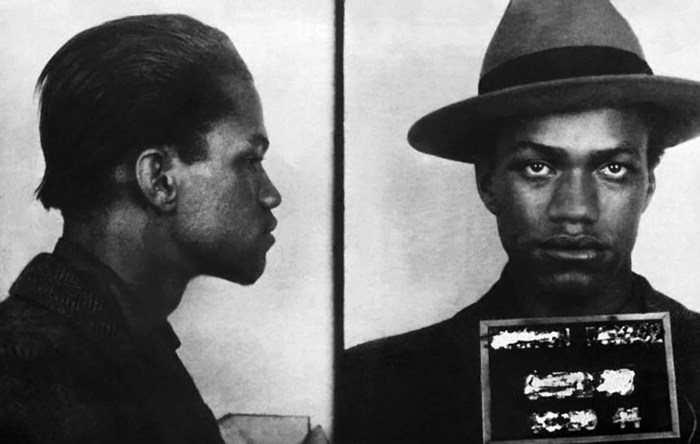
Malcolm X’s break with the Nation of Islam (NOI) was a pivotal moment in his life and a significant turning point in the history of the civil rights movement. This break was the culmination of a series of growing tensions and disagreements between Malcolm X and the NOI’s leadership, particularly Elijah Muhammad.
Reasons for the Break
- Disagreements over the NOI’s Doctrine:Malcolm X had begun to question some of the NOI’s core beliefs, such as the idea that black people were inherently superior to whites and that they should separate from white society.
- Elijah Muhammad’s Personal Conduct:Malcolm X was disillusioned by Elijah Muhammad’s personal conduct, including his alleged extramarital affairs and financial mismanagement.
- The NOI’s Political Strategy:Malcolm X felt that the NOI’s focus on separatism was ineffective and that it was necessary to engage in more direct political action to achieve civil rights.
Pilgrimage to Mecca, Malcolm x my first conk
In 1964, Malcolm X made a pilgrimage to Mecca, which had a profound impact on his beliefs. During his pilgrimage, he encountered Muslims from all over the world and was impressed by their unity and brotherhood. He realized that Islam was a religion of peace and tolerance, and that it did not teach hatred or violence.
Impact of the Break
Malcolm X’s break with the NOI had a significant impact on his personal and political life. He founded his own organization, the Muslim Mosque, Inc., and began to advocate for a more inclusive and nonviolent approach to civil rights. He also became more critical of the NOI and its leadership, and he spoke out against their teachings of racial hatred and separatism.
Malcolm X’s Later Years and Assassination
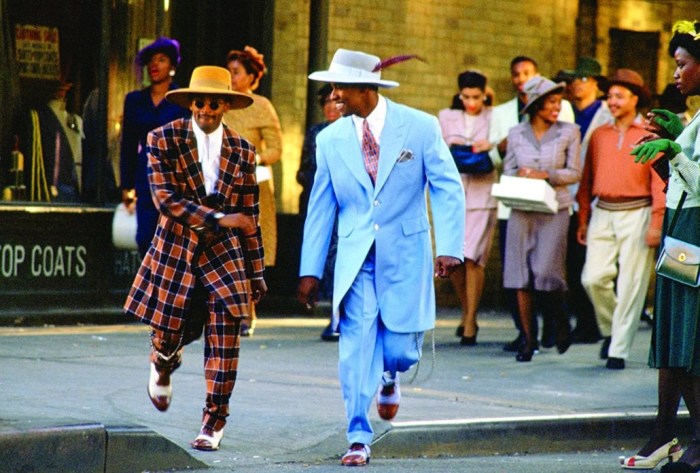
After breaking away from the Nation of Islam, Malcolm X embarked on a new path, marked by a broader perspective on civil rights and international affairs. He founded the Muslim Mosque, Inc. and the Organization of Afro-American Unity, advocating for the self-reliance and empowerment of the African American community.
Malcolm X’s involvement in international affairs gained him prominence. He traveled to Africa and the Middle East, forging alliances with leaders like Kwame Nkrumah and Gamal Abdel Nasser. He criticized the United States’ foreign policy, particularly its support for Israel, and called for a global struggle against racism and colonialism.
Malcolm X’s Assassination
On February 21, 1965, Malcolm X was assassinated at the Audubon Ballroom in New York City. Three members of the Nation of Islam were convicted of the murder. The assassination sent shockwaves through the civil rights movement and beyond, sparking outrage and a reassessment of the tactics used to achieve racial equality.
Legacy of Malcolm X
Malcolm X’s legacy continues to inspire and provoke debate. His message of self-reliance, racial pride, and global solidarity resonates with people worldwide. He is remembered as a complex and influential figure whose ideas continue to shape contemporary discussions on race, religion, and social justice.
Expert Answers
What was the significance of Malcolm X’s “first conk”?
Malcolm X’s “first conk” refers to his experience of straightening his hair, a practice common among African Americans at the time. This act symbolized his desire to conform to Eurocentric beauty standards and his internalized feelings of inferiority.
How did Malcolm X’s pilgrimage to Mecca impact his life?
Malcolm X’s pilgrimage to Mecca was a transformative experience that led him to reject the Nation of Islam’s teachings of racial separatism. Instead, he embraced a more inclusive vision of Islam and became a proponent of human rights and interracial unity.
